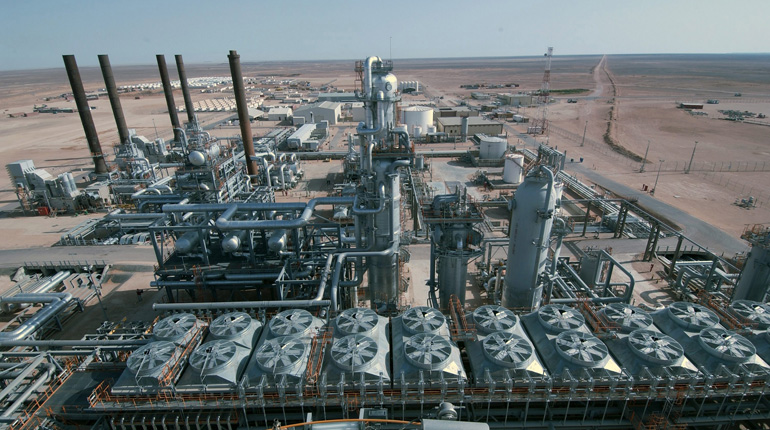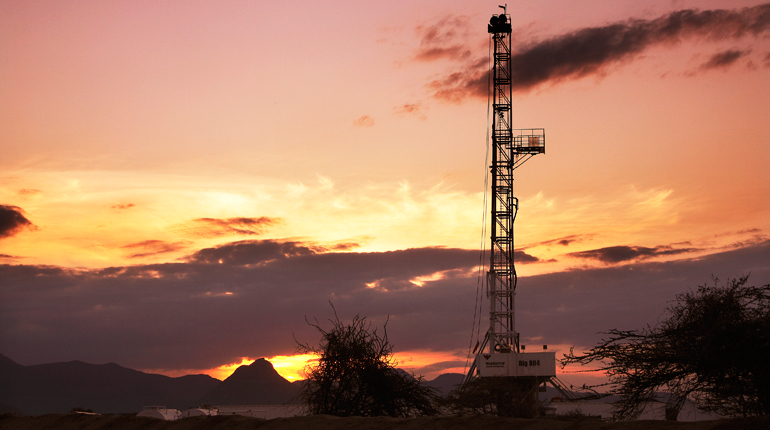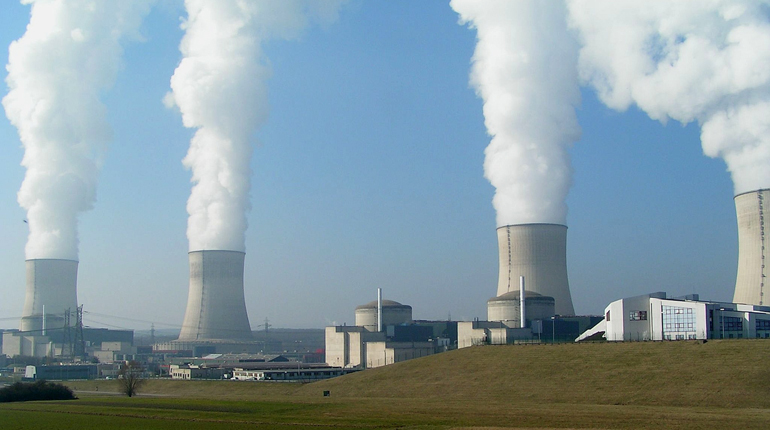 The gas development in Krechba was attacked last week. (Statoil)
The gas development in Krechba was attacked last week. (Statoil)
An attack on a gas processing facility in Krechba in central Algeria on Friday morning highlighted the growing threat of terrorism to oil and gas assets in the country.
Al-Qaeda in the Islamic Maghreb (AQIM) claimed credit for the rocket attack. The group published a statement on several websites claiming it targeted the facility to protest against the government’s suppression of anti-shale gas demonstrations at In Salah.
The central processing facility (CPF) was attacked "by a vehicle and a mobile weapon firing explosives at the plant", said Statoil, one of the joint venture partners of the In Salah development, in a statement on Friday.
A Reuters source claimed the Algerian army has killed four militants believed to be connected to the attack.
The Krechba CPF processes conventional gas from fields around In Salah before piping it to Hassi R’Mel. The government supported plans to develop shale resources around In Salah, prompting protests in the area in 2014.
Little progress has since been made in the development of shale as a result of the public outcry and the global drop in energy prices. Despite this, BP – which produces gas at In Salah alongside Statoil and Sonatrach and which owns a stake in Krechba – remained in favour of shale development.
In its statement, AQIM threatened Western companies, particularly prospective shale gas developers, as well as the Algerian government.
AQIM’s enemies
AQIM is fighting a "direct enemy", which is Algeria, and the symbols of its "far enemy", which is Europe, Dalia Ghanem-Yazbeck, a research analyst at the Carnegie Middle East Center, told Natural Gas Daily.
AQIM has been able to increase its stock of weapons in North Africa since the fall of Libyan dictator Muammar Gaddafi in 2011, obtaining rocket-propelled grenades and possibly also SA-7 surface-to-air missiles, said Ghanem-Yazbeck.
AQIM targeted another gas plant, at In Amenas in eastern Algeria, three years ago. The plant is also operated by Statoil, BP and Sonatrach. The scale of the 2013 attack was much greater, with around 70 people killed, including AQIM militants.
"After the In Amenas attack, the security of plants in Algeria has been strongly improved," said Statoil on Friday.
Statoil has said it does not plan to evacuate the Krechba facility or any other plants in Algeria. It will, however, carry out a review with its partners to identify whether any further security measures at the Algerian plants are necessary.
Although the scale of the Krechba attack was relatively small, it is likely to rattle the Algerian oil and gas industry. "Since there were no casualties, this attack might not have much impact," said Ghanem-Yazbeck. "However, it sends a clear message to the companies as well as to the Algerians: ‘You are not safe and we can attack whenever and wherever we want’."
It is difficult to predict where and when AQIM will attack because the organisation is decentralised with each of its groups acting autonomously, said Ghanem-Yazbeck. "The attacks in Algeria, Mali, Burkina Faso and lately in Ivory Coast show the complexity of this trans-regional threat," she said.
Limited impact
However, George Joffé, a research fellow at Kings College London University, played down the threat to Algiers.
"[The attack] will upset the Algerian military because of the implied insecurity in the Sahara, but it is hardly a major threat to the Algerian state – rather an inconvenience and annoyance," Joffé told NGD.
A spokesperson for BP told NGD on Friday the company has been informed that only the gas processing facility has been damaged, not the nearby gas fields or associated infrastructure.
While the immediate impact may be limited, the incident could delay the development of a new CPF the JV was planning to build at In Salah. The new CPF will tie back to the existing producing facilities in Reg for the further transport of gas to Krechba for carbon dioxide removal and export, a Statoil spokesman told NGD last month.
A delay to these plans would be a blow for Algeria, which desperately wants to increase its gas production so that it can balance its budget. The In Salah fields, which collectively produce 9 billion cubic metres of gas per year, are an important contributor to Algeria’s overall production. The JV partners recently increased output and Statoil said they planned to unlock more volumes in the future.







